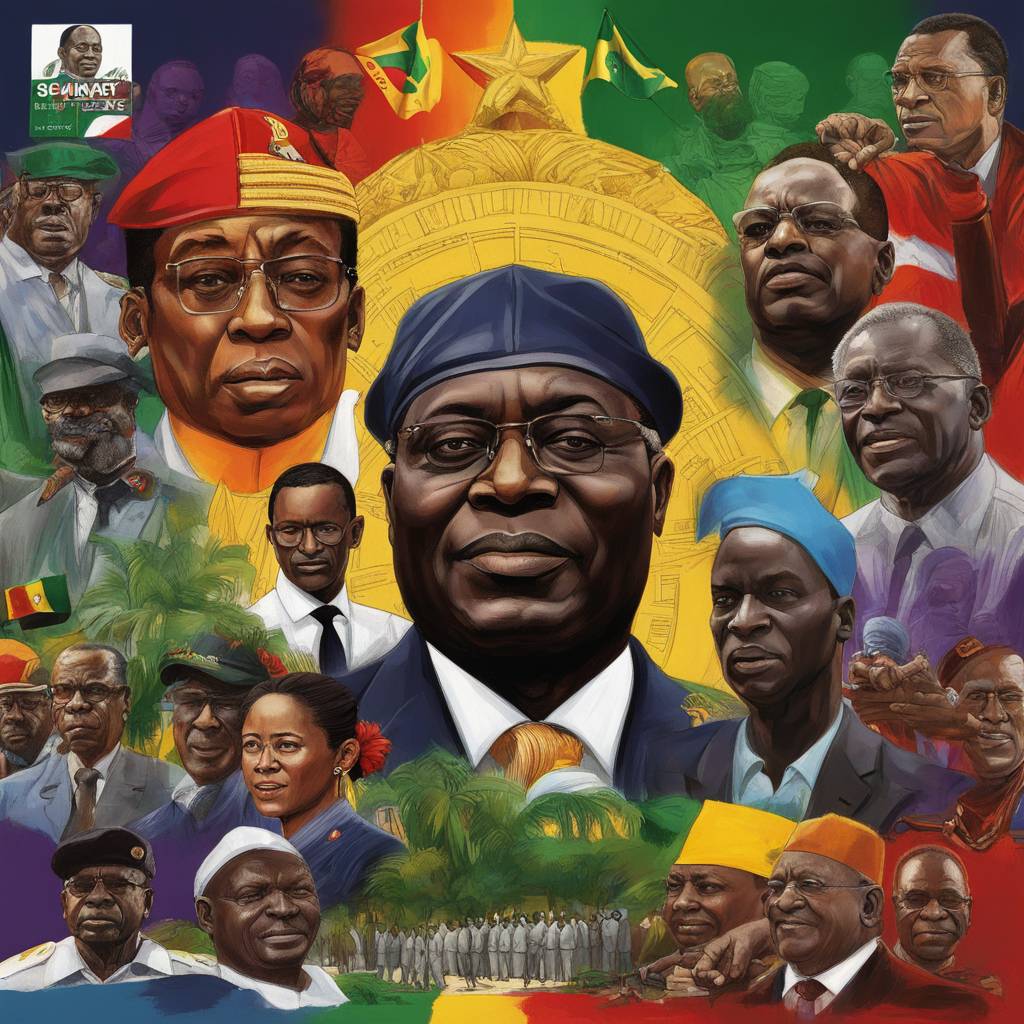In the aftermath of Senegal’s contested March 24 presidential election, opposition candidate Bassirou Diomaye Faye was sworn in amidst a palpable feeling of change and hope among the Senegalese people. The election marked a turning point after years of political turmoil and fears of outgoing President Macky Sall extending his mandate. Faye’s victory was seen as a vote against the established system, with voters eager for a fresh start and a break from the past.
Faye’s journey to the presidency was marked by adversity, starting with his arrest and imprisonment for political reasons. Alongside opposition leader Ousmane Sonko, Faye emerged as a symbol of resistance against a government accused of corruption and repression. The presidential campaign was fueled by a desire for change and a rejection of the status quo, culminating in a landslide victory for Faye with 54 percent of the votes.
From a political prisoner to the youngest leader in Africa, Faye’s rise to power has been swift and unexpected. Supported by a grassroots movement and funding from the Senegalese diaspora, Faye and Sonko campaigned on promises of sweeping changes, including renegotiating contracts and prioritizing the interests of the Senegalese people. Faye’s humble beginnings in a rural village underscore his commitment to serving the people and overcoming adversity.
As Faye assumes the presidency, questions remain about his relationship with Sonko and the future direction of Senegal. While some view uncertainty ahead, others see hope for a new beginning under Faye’s leadership. The transition of power from Sall to Faye represents a significant shift in Senegalese politics, with the promise of change and a fresh start for the country. The handshake between Sall, Faye, and Sonko symbolizes a new chapter in Senegal’s democracy, with the potential for a more inclusive and transparent government.
In the aftermath of Senegal’s election, the mood is one of celebration and optimism for the future. Supporters of Faye and Sonko have rallied behind the new president, seeing his victory as a sign of progress and change. The peaceful transfer of power from the ruling party to the opposition marks a significant moment in Senegal’s democratic history, with the potential for a more responsive and accountable government under Faye’s leadership. As Faye settles into his role as president, his commitment to serving the people and addressing their needs will be closely watched and scrutinized in the coming months and years.













